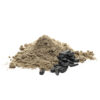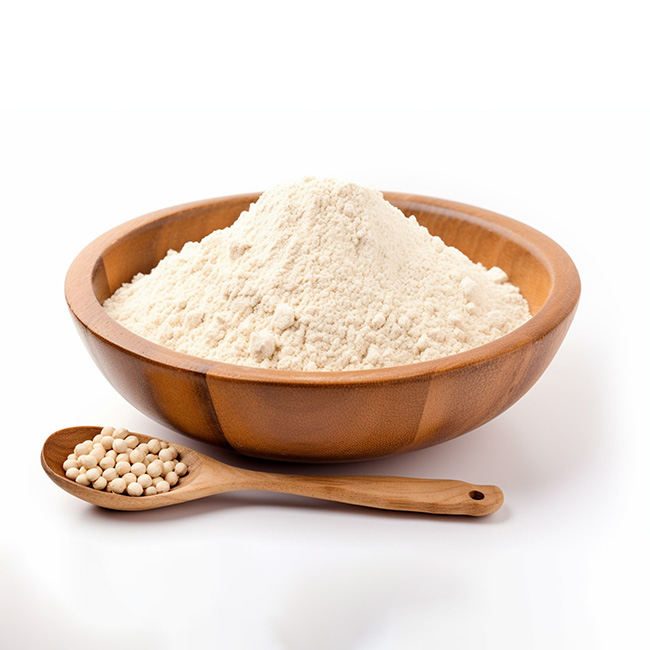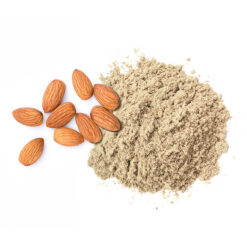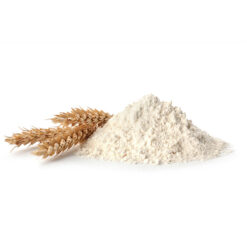Derived from soybeans, soy protein features a complete amino acid profile, providing all the essential amino acids needed for the body to function properly. It is an excellent choice for vegetarians, vegans and anyone looking for alternatives to animal protein.
Its high content of isoflavones, which are potent antioxidants, supports cellular and cardiovascular health, as well as having a hormone-promoting effect. In addition, soy protein is a source of important minerals such as iron, calcium, and magnesium, as well as B vitamins.
Properties of soy protein
The unique functional properties of soy protein, such as its ability to bind water and emulsify, make it a key ingredient in the production of a variety of food products, including vegetable meat, bakery products, protein drinks, and as an additive in yogurt and cheese.
Due to its hypoallergenicity, soy protein is suitable for a wide range of consumers, including those with food intolerances. Its neutral flavor and texture allow easy adaptation in a variety of recipes, supporting the creativity of food manufacturers.
As an organic and sustainable product, soy protein is an environmentally beneficial choice. Growing soybeans is resource efficient, and the plant itself acts as a natural nitrogen fixer, improving soil quality. This is crucial for companies that focus on environmental responsibility and sustainability in their operations.








